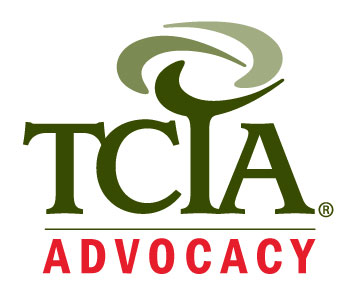U.S. Department of Labor Announces Employee Ownership Initiative
On July 10, the U.S. Department of Labor (DOL) launched the Employee Ownership Initiative to comply with the Worker Ownership, Readiness, and Knowledge (WORK) Act, which was signed into law last year. This initiative aims to facilitate the growth of employee-owned businesses through the Division of Employee Ownership within the Employee Benefits Security Administration (EBSA).
The Initiative is projected to receive up to $50 million over the next five years to support existing state-level programs, develop a resource hub of state strategies and programs, and provide education, outreach, and technical assistance to businesses and employees considering worker ownership options.
Providing Clarity on ‘Adequate Consideration’
In addition to forming the new initiative, the DOL has stated its intent to issue formal guidance concerning the Adequate Consideration Exemption. This exemption has been the source of uncertainty for some time, as determining adequate consideration is challenging because privately-held company stock is not readily tradable on an open market and hence does not have a readily ascertainable market value.
Previously, a lack of clear guidelines concerning adequate consideration has led to a variety of issues in ESOP transactions, including increased litigation costs and potential deterrents for companies considering establishing ESOPs. The forthcoming DOL guidance is anticipated to address these issues, providing clearer guidelines for companies interested in forming ESOPs and fostering greater employee ownership.
What to Expect Next
Following the DOL’s announcement, stakeholders can anticipate several developments:
- Formal Guidance: The DOL is expected to issue a detailed directive on the Adequate Consideration Exemption in ESOPs, providing clarity for all parties involved.
- Stakeholder Forums: The DOL plans to engage with stakeholders, offering opportunities for a better understanding of the initiative’s implementation and implications.
- Resource Availability: The DOL is set to develop a resource hub, making it easier for businesses to access vital information on employee ownership strategies and state-level programs.
- Educational Support: The DOL plans to provide education, outreach, and technical assistance, aimed at helping businesses and employees understand the process of transitioning to employee ownership.
Conclusion
The DOL’s recent announcement represents a significant development in the world of employee ownership. The expected increase in resources and clarity around ESOP regulations will likely encourage more businesses to consider this model. Some TCIA member companies have considered ESOPs as a beneficial part of their exit or succession strategies, citing the flexibility it offers for owners to continue working in the company and the potential benefits for the entire team. As more information becomes available, TCIA will continue to provide updates on these important developments.



